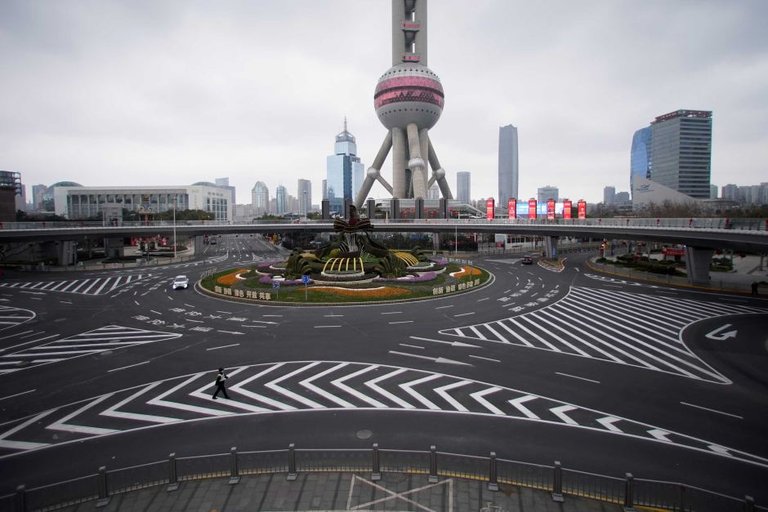
The global COVID-19 pandemic is wreaking havoc on health care systems and the economy. The many unknowns of the virus and the outbreak make it hard for governments to implement effective measures and difficult for the medical industry to create vaccines. From an economic standpoint the estimated costs for the global economy is in the range of USD 3 Trillion.
While the world has more than 1 million confirmed cases, the U.S., alone has more than 400,000 cases and 13,000 deaths, and has overtaken China with approx. 82,000 cases and 3,000 deaths. Half of all confirmed cases are now in Europe, while low- and middle-income countries are just a few weeks behind. See Worldometers.
Let’s have a look at my notes on scenarios for different sectors:
National and global markets
This will be the event that defines “peak globalization” and the end of global markets as we know them. On the short-term the entire global economy will suffer from decreased demand and negative growth. Long-term consequences will be a more secure supply chain, more transparent and secure logistics. Stricter criteria for citizenship.
Public health
The demography would change with a death rate above 10 percent among people older than 80 years. Nursing homes would need to reorganize to avoid contamination. Medical shortages in the global supply chain will be replaced by locally produced medical equipment and drugs. National health services will increase resilience towards supply chain shocks. Health services will establish systems for virus tracking and use teleconference with dedicated hardware for testing. Could become less expensive.
Employment
Short-term mass unemployment will become a major burden for state finances in already poor countries. This is a black swan double-whammy with increased public spending and decreased tax revenue. Rich countries will spread the cost on future generations through different economic mechanisms. Most industries and government services will undergo a major shift towards automation, digitalization and re-organizing for remote work.
Public consumption
Consumers will go from hoarding toilet paper to planning for the next pandemic. There will be a major shift towards online shopping and home delivery of everything. Most brick and mortar shops will be redesigned to maintain low risk contamination spaces.
Technology
Short-term lower standards for privacy and increased use of teleconferencing in all sectors. Long-term increased trust in AI, surveillance, physical security and decontamination technology. Teleconferencing and advanced VR solutions will flourish while smart watches take blood samples and do real-time testing.
Military and cybersecurity
The deglobalizing effects on the economy will spill over into the geostrategic military space. NATO and other multi-national security organization will re-organize to combat the pandemic and potential terrorist exploits of the virus. Cybercriminals attack banks, companies and governments with malware claiming to be important information about the virus. Potential of disruptions lead to more civilian defense initiatives.
Politics and ideology
The established political order will prevail and grow stronger by the pandemic. At the same time critique of liberal globalism will lead to increased support for national and totalitarian regimes.
Posted from my blog with SteemPress : http://plausiblefutures.com/scenario-notes-on-the-consequences-of-the-corona-pandemic/